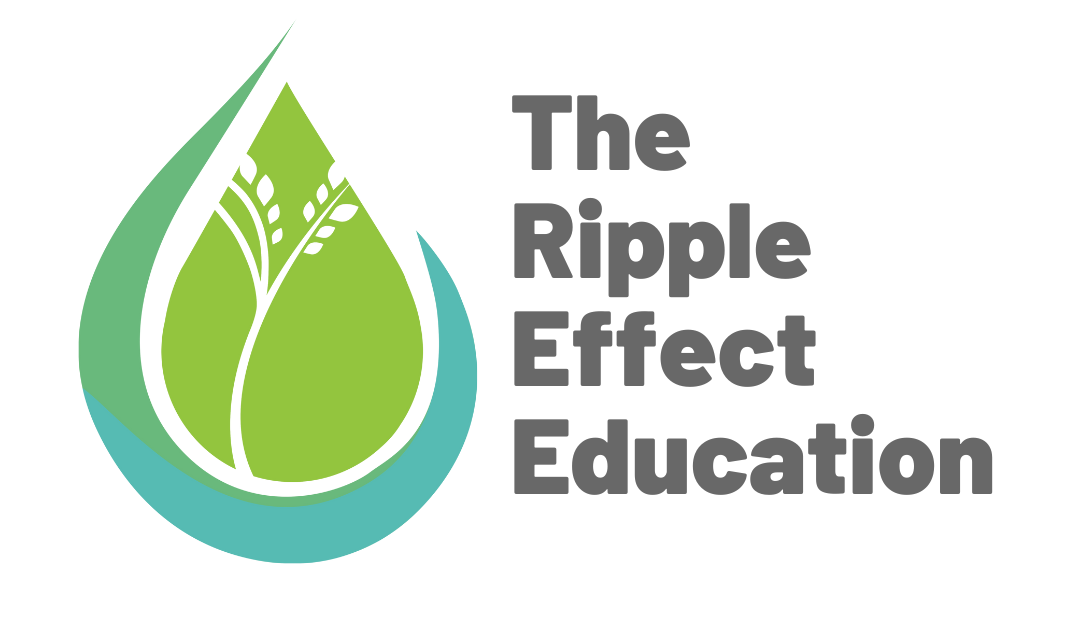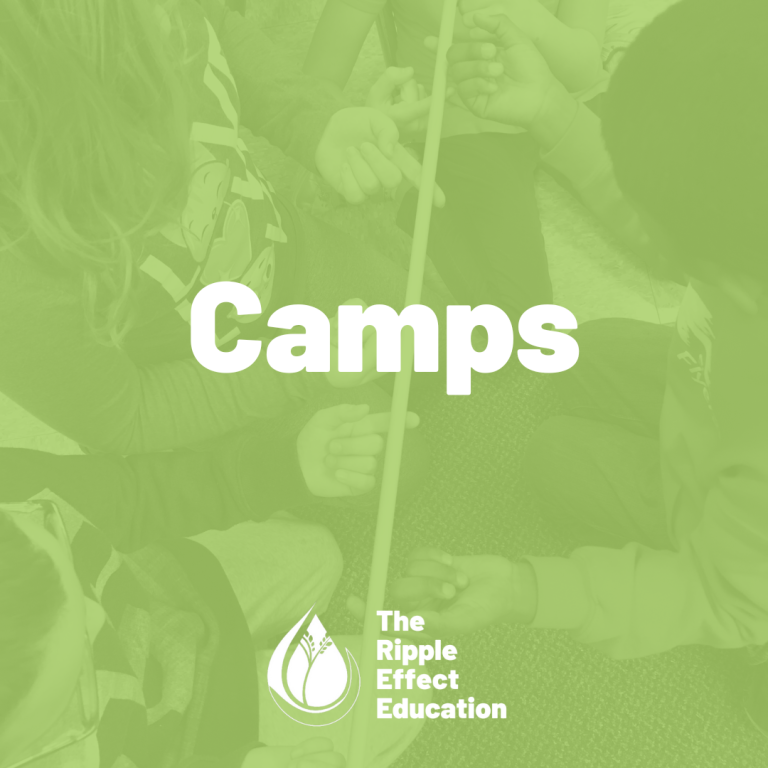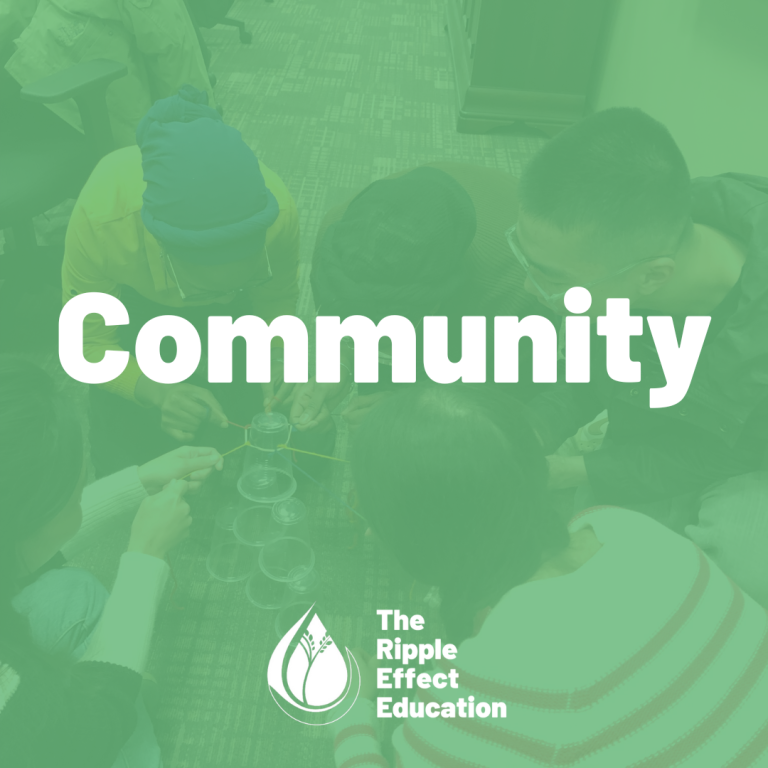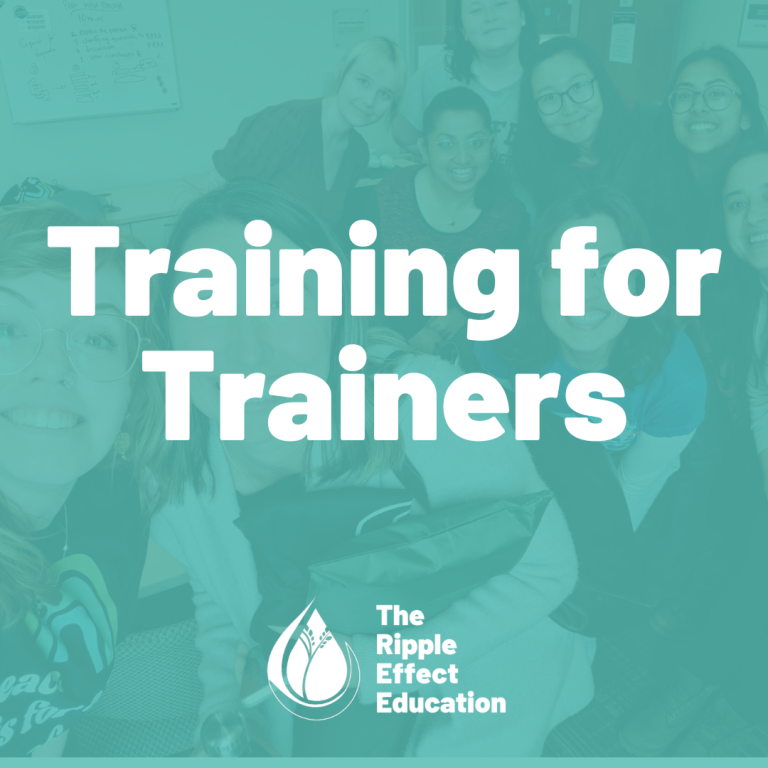In today’s fast-paced world, instilling the value of self-care in children is more important than ever. Self-care means taking care of the whole self. It is the foundation on which we build our care and love for the world (We R Native, 2021). The Medicine Wheel is an ancient symbol used by some of the Native people of North and South America. For many nations, it is a teaching tool used to maintain a balance within the self. It contains four aspects, which are mental, physical, emotional, and spiritual (Marwaha, 2021).
Parents, educators, and caregivers can demonstrate and teach healthy self-care tips at any age. However, teaching these skills to children when they are younger lays a solid foundation that encourages them to implement them more independently. Simply demonstrating these skills is not enough; it is equally important to educate the significance behind them. There are many ways you can teach children to practice self-care. In this article, I will name a few simple ideas they can use in their everyday lives.
The benefit of encouraging children to be active has been well-known for many years. Moving our bodies has been shown to improve our health and be a good mood balancer (Craig, 2023). Some ways that children can engage in moving their bodies indoors is by having a dance break, jumping jacks, etc. While outdoors they can walk, run, and play a game or sport. Physical activity is great self-care for kids because it also brings them back into their bodies and the present moment (Craig, 2023).
Relaxation techniques can also be a beneficial form of self-care that includes moving our bodies. This can include deep breathing exercises, yoga, or stretching. When you sense a child needs a break or is getting overwhelmed, you can show them fun breathing exercises or stretching poses. You can also encourage them to be silly with it as well. This can give them ways to manage emotions and deal with stress.
Teaching children self-care can help them understand and develop strategies to manage their thoughts, emotions, and overall mental well-being. A useful skill to teach them is to be kind to themselves and show self-compassion. Self-compassion has been shown to increase happiness, provide greater satisfaction in life, improve relationships, and better physical and mental health (McRae, 2024). We are constantly reminding children of the importance of being kind to one another without talking about being kind to oneself. Practicing being kind to ourselves helps foster a mindset of self-acceptance and forgiveness.
It is common for people to encourage children to engage in hobbies or interests. Supporting them in these is another form of self-care that is simple but not always mentioned. Hobbies give children the chance to express themselves, and build self-esteem (Myers, 2013). Encouraging and supporting children to engage in joy-filled activities can greatly boost their mental well-being.
Most speech development occurs in the early years of childhood (NIDCD, 2010). Children begin to learn new words, how to form sentences, and eventually how to properly communicate their thoughts and emotions. The use of words can play an important part in self-care for children. Normalizing the verbal expression of one’s emotions is a great place to start. Noticing and naming emotions allows us to take a step back and make choices about what to do with them (Schwartz, 2015). Implementing this in children’s lives helps them learn to express and validate their emotions.
Incorporating affirmations into their routine is another creative way for children to practice self-care. Teaching them to breathe in and breathe out while saying positive phrases or empowering affirmations is a good place to start (Craig, 2023). Each time they inhale and exhale, have them repeat different phrases such as “I am creative,” or “I can make good decisions.” This can especially help if they are particularly anxious or upset about something specific. This can be a good way to instill positive emotions in them.
Just like adults, children benefit from consistent and regular self-care activities. However, some children do not know how to engage in these activities or the significance of them. As parents or guardians and even educators, it can do wonders for children to show them ways to practice self-care while educating them about its usefulness. The techniques outlined here are only a few examples out of many. The important thing to remember is that what might work for you or another child may not work for everyone. It is good to practice multiple forms of self-care to see which works best. By instilling these habits early on, we empower children to prioritize their well-being throughout their lives.
Read our other related blog posts:
References
Craig, K. (2023, April 25). 11 simple self-care habits for kids. PBS. https://www.pbs.org/parents/thrive/simple-self-care-habits-for-kids
Marwaha, S. (2021, April 26). Medicine wheel: How I use its teachings in my healing journey. Healthy Debate. https://healthydebate.ca/2018/10/topic/medicine-wheel/
McRae, E. (2024, January 29). The importance of self-kindness… Little Ones. https://www.littleones.co/blogs/our-blog/the-importance-of-self-kindness#:~:text=In%20addition%2C%20self%2Dcompassion%20has,and%20goes%20against%20your%20conditioning.
Myers, P. (2013, May 6). Hobbies are healthy. Child Development Institute. https://childdevelopmentinfo.com/child-activities/hobbies-are-healthy/
Indigenizing your self-care. We R Native. (2021, June 16). https://www.wernative.org/articles/indigenizing-your-self-care#:~:text=Self%2Dcare%20means%20taking%20care,and%20love%20for%20the%20world.
Schwartz, T. (2015, April 3). The importance of naming your emotions. The New York Times. https://www.nytimes.com/2015/04/04/business/dealbook/the-importance-of-naming-your-emotions.html#:~:text=Noticing%20and%20naming%20emotions%20gives,even%20the%20most%20difficult%20emotions.

Abby Akinyemi is completing her third year at The University of Waterloo working on achieving her bachelor’s in psychology (science) honours. She plans on completing her master’s shortly after graduating. While she has not decided what she will do for her master’s, she is very passionate about working with children. As an African-Canadian woman, she has always had a strong belief in the importance of social justice. Through her many experiences such as joining a club that aids neurodiverse students in high schools, she has been able to learn the importance of communication and understanding, to help create equal rights and opportunities for everyone in a society. She is excited to continue this path at TREE and hopes to learn new skills she can use to further her knowledge in conflict resolution.








